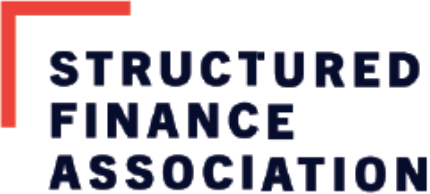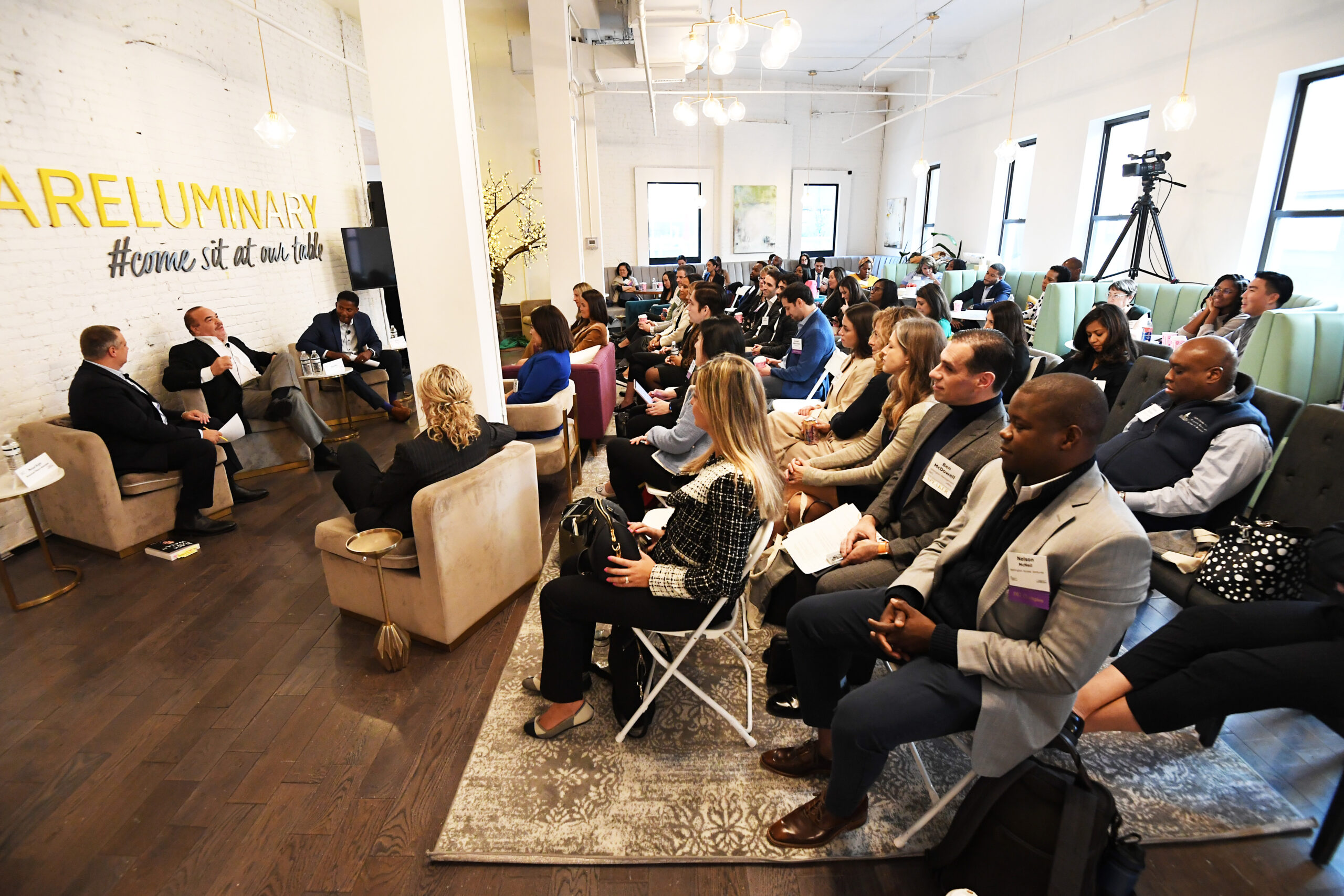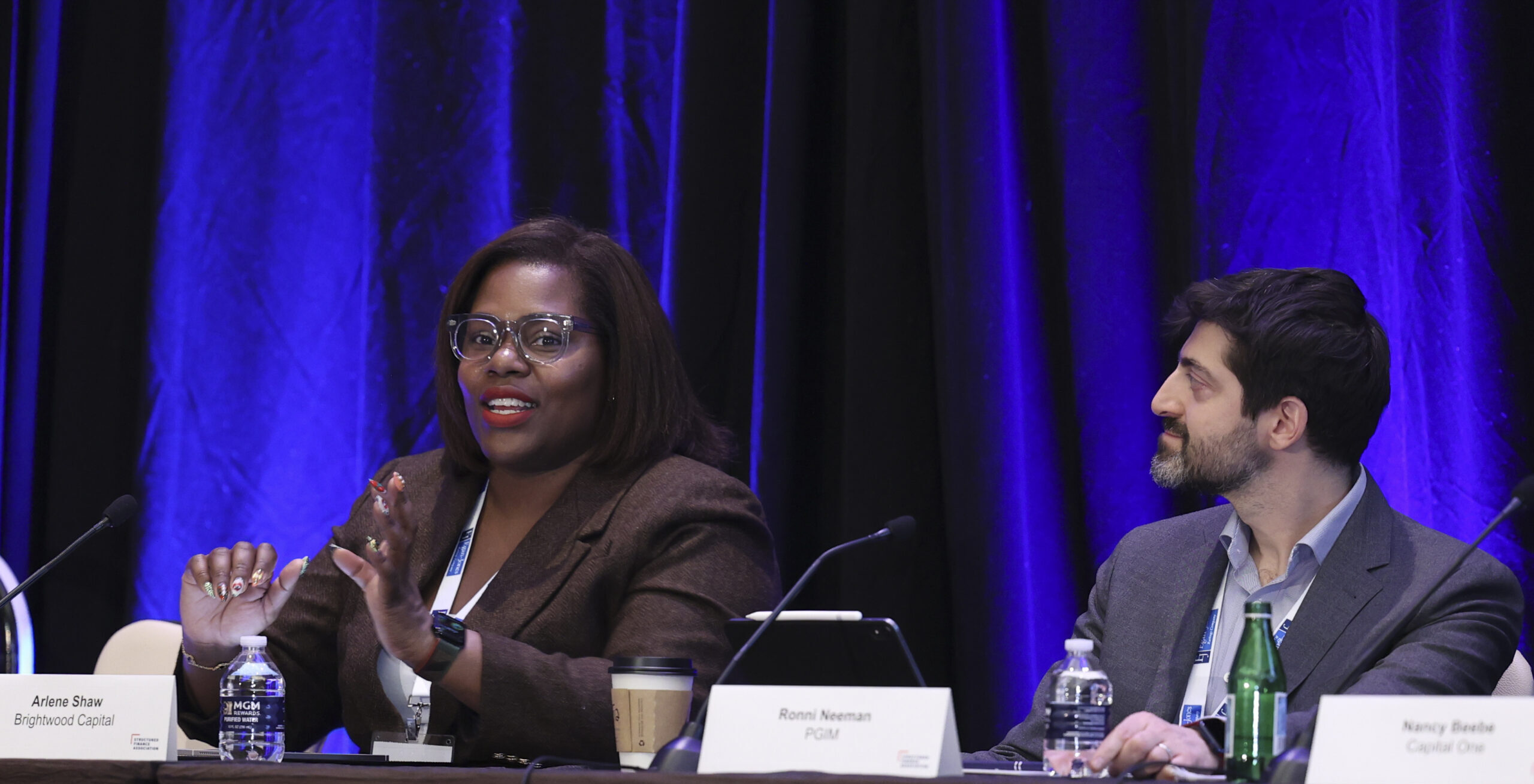
DEI Toolkit
Mastering High Performing DEI Councils
An Implementation Guide
Types of DEI Councils
Successful Diversity, Equity, and Inclusion (DEI) councils are essential for driving both employee retention and business growth. By providing platforms to assess the effectiveness of DEI initiatives, these councils engage employees at various levels, fostering a sense of belonging and ownership in meaningful culture change. This engagement not only strengthens organizational reform but also reinforces the company’s commitment to DEI, which is proven to enhance employee loyalty, attract diverse talent, and ultimately lead to stronger business outcomes.
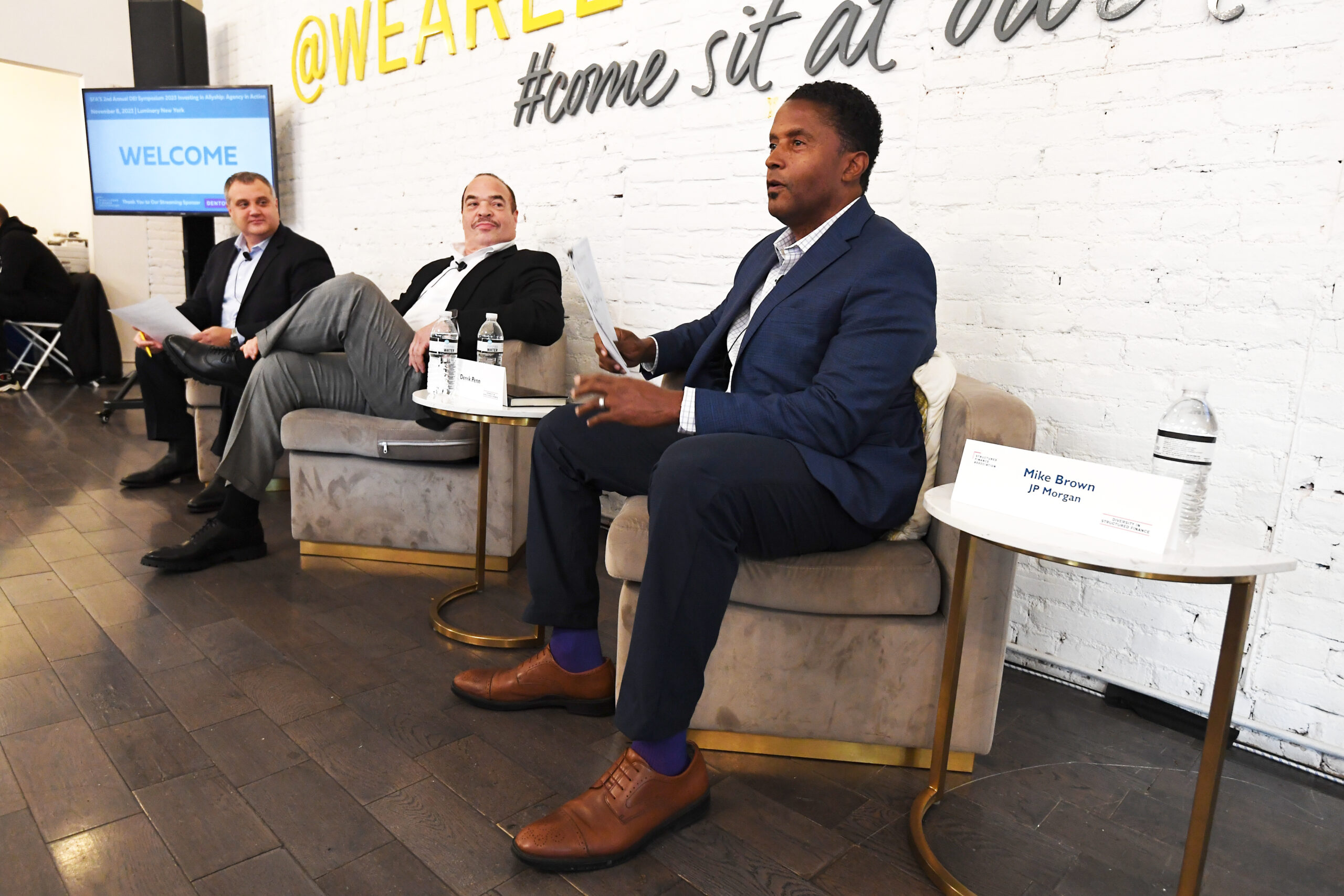
Type 1: Executive DEI Councils
Learn More
Type 2: Advisory Councils
Learn More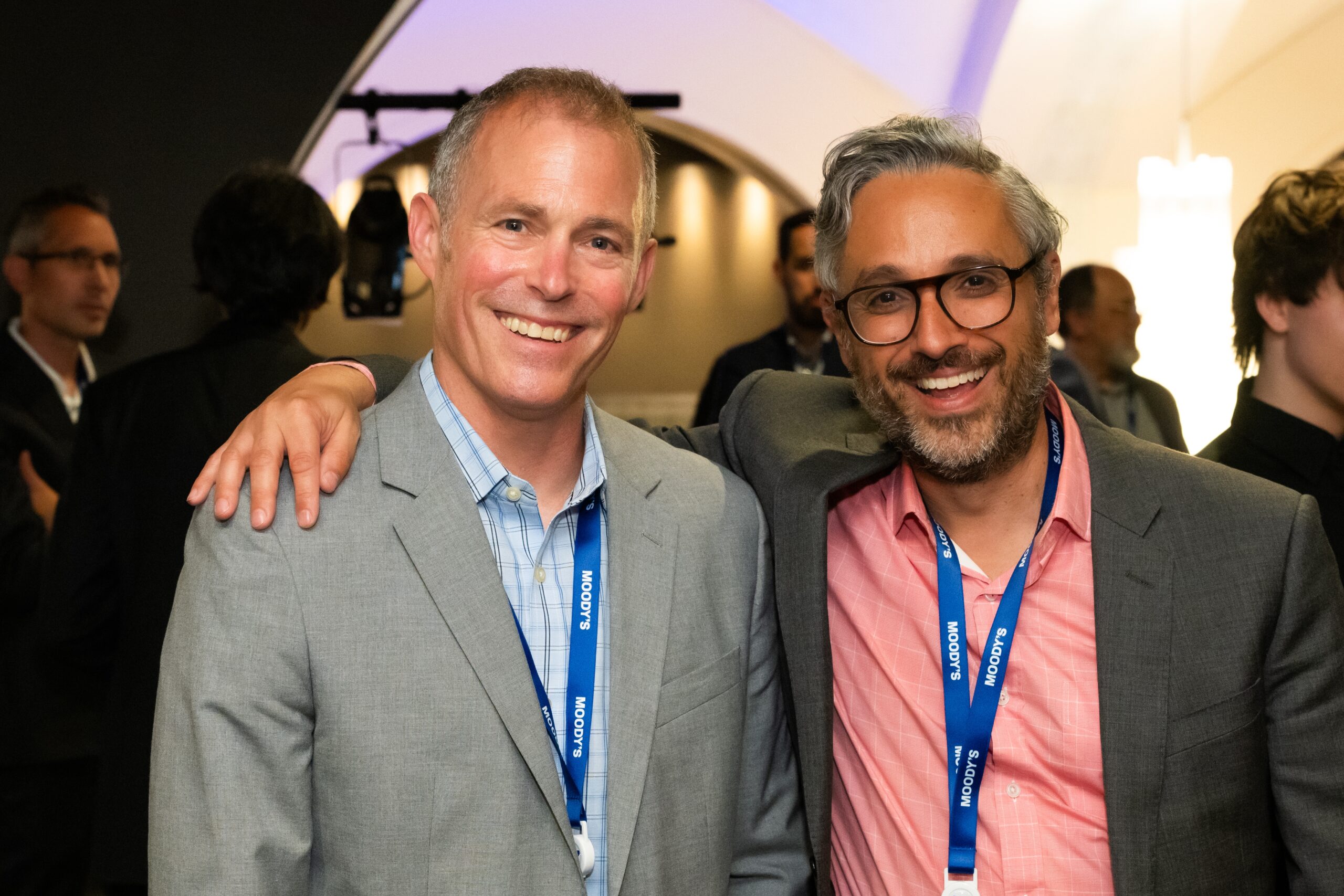
Type 3: Employee-Driven Councils
Learn MoreTerms To Know
Advisory Board
Unlike the members of a board of directors, an advisory board’s members have no fiduciary responsibility to the company or its stakeholders and serve in more of a mentorship capacity.
Council Charter
A council charter outlines the diversity council’s vision, mission, objectives, leadership assignments, membership criteria and responsibilities, and operational procedures.
Diversity Councils
A diversity council serves as an advisory board to an organization and is made up of employees and/or external experts who “lead, advocate for, coordinate, inform, and/or monitor the Strategic Diversity Management process.”
Employee Resource Groups
ERGs are voluntary, employee-led groups that can have a few members or a few thousand. Diversity councils and employee resource groups often collaborate when the group’s leadership works as a council to oversee ground-level network activities.
Executive Diversity Councils
Membership for this type of diversity council consists of leaders representing all business functions within the enterprise and is usually led by the chair or CEO and chief diversity officer. This team is responsible for developing a company’s overall integrated diversity strategy.
Implicit Bias
The unconscious attitudes or stereotypes that affect a person’s understanding, actions, or decisions as they relate to people from different groups.
Local Diversity Councils
Local councils focus specifically on locally or regionally implemented programs and participate as sub-teams to ensure visibility in program implementation. They are usually led by a general manager who reports to the executive diversity council.
Importance of DEI Councils
Derek Penn, a board-level advisor and published author, discusses the importance of DEI in the workplace as a key driver for fostering meaningful change and innovation. He shares his insights on how DEI can enhance decision-making and create a more inclusive environment in the global financial services industry.
Check Out Our Other Toolkits
Getting Started
Not sure where to start? Begin here to access resources and tools to help identify your DEI goals and create a plan of action.
Inclusive Recruiting
Explore how to expand your diverse talent sources, attract and hire diverse candidates, to create or improve your diversity recruiting strategy, and standardize the hiring process to eliminate bias.
Developing a DEI Strategy and Roadmap
How to identify business objectives, set goals, collect data, implement a plan, and measure results.
Allyship in Action
This toolkit offers adaptable resources derived from research and best practices, emphasizing the need for customization to fit individual organizational cultures and goals. It serves as a timely supplement, aiding individuals, team leaders, and organizations in navigating the evolving DEI landscape while fostering inclusive growth and meaningful change.
Navigating Tough Conversations
This DEI guide, provides practical strategies and guidance for effectively addressing challenging diversity, equity, and inclusion discussions in the workplace.
